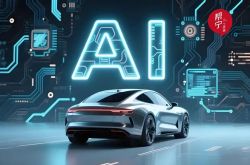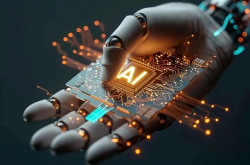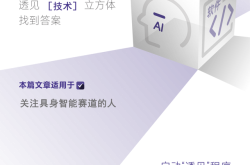The Tumultuous Romance of New Car Manufacturing Forces Over the Past Decade
![]() 01/02 2025
01/02 2025
![]() 447
447
It's often said that events shape people, but people rarely shape events. Yet, some managed to carve their mark.
During the Spring Festival of 2014, as the Chinese people immersed themselves in Wang Zhengliang's sentimental song "Where Did the Time Go," they also found themselves captivated by the newly introduced WeChat red envelopes.
Feng Xiaogang's Spring Festival Gala faced relentless criticism, while Jack Ma was on the brink of becoming a father. At that time, Pinduoduo was yet to be founded, and Douyin would have to wait another two years. The fierce battle between Didi and Kuaidi for the ride-hailing market swept the nation, allowing people to hail rides for mere yuan, ushering in a new way to visit relatives.
In 2014, China issued its 4G licenses, officially kicking off the era of mobile internet, with giants wielding their power. Back then, Zhou Hongyi hadn't ventured into the automotive industry; instead, he led 360 in forming a joint venture with Coolpad, QiKu, reluctantly re-entering the mobile phone market to compete with Xiaomi, then at its peak. Little did anyone realize then that the two would reconcile in another race.
As everyone adjusted to mobile phones becoming the terminal media for mobile internet, a group of "ducks" had already sensed the warmth of spring waters and set their sights on automobiles.

In 2014, Apple launched the groundbreaking CarPlay, a phone projection software that became wildly popular. Many Chinese car models gradually integrated CarPlay into their infotainment systems. Even Baidu CarLife, which fiercely competed with Apple CarPlay, entered the domestic automotive market a year later.
This was perhaps the most rudimentary vision of the automobile becoming a mobile internet terminal, but some people could always envision more possibilities.
Although many are reluctant to admit it, Jia Yueting, famously known for his "next week" returns to China, might be considered a pioneer in this field.
Even while in the United States, he never forgot to remind the world, "Ten years ago, I proposed the 'SEE Plan,' predicting that China's smart electric vehicles would surpass in a different lane, and now this has come true. Whether it's LeTV's supercars or Faraday Future (FF), as pioneers, we have inspired the industry's development."
Regardless of who's right or wrong, from this year on, a group of internet entrepreneurs embarked on a decade-long, tumultuous journey into car manufacturing.
1
Before the car manufacturing storm swept through, the other side of the ocean was already turbulent.
On April 22, 2014, Tesla officially delivered the Tesla Model S to the first batch of Chinese customers at the Hengtong Business Park in Jiuxianqiao, Chaoyang District, Beijing.
It was less a delivery ceremony and more a carnival for the internet community.
The first batch of owners present were affluent and prestigious, including UCWeb's Chairman and CEO Yu Yongfu, Lifan Football Club's Chairman Yin Xidi, Unity Capital's Chairman Xu Liang, renowned CCTV producer Zhang Han, Autohome's President Li Xiang, CloudMinds' Chairman and CEO Wang Dongfeng, and Times Group's President Wang Xiaolan.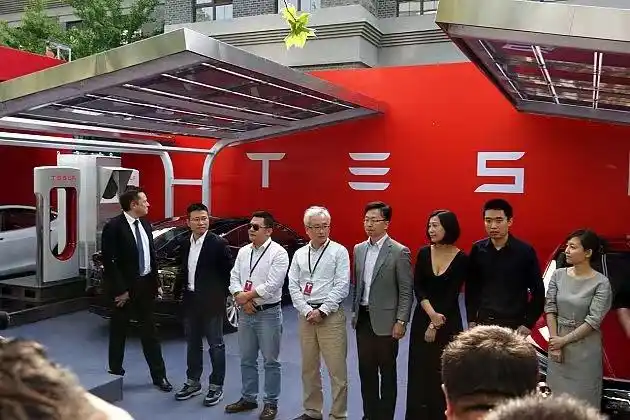
Absent were Xiaomi's Lei Jun and Sina's Cao Guowei, many of whom later became the backbone of new car manufacturing forces.
Elon Musk's first trip to China wasn't just about delivering cars; he also met with Wan Gang from the Ministry of Science and Technology and Miao Wei from the Ministry of Industry and Information Technology, receiving top-level support.
Two months later, Tesla's official website published an article titled "All Our Patents Are Yours." According to the National Intellectual Property Administration, in June 2014, Tesla made 271 patents public, including 8 design patents and 263 invention patents, covering 125 battery management systems, 52 battery pack structures, 40 vehicle body structures, and 23 power systems.
Musk hoped to expand the market and invite more players. Simultaneously, under the strategic guidance of "developing new energy vehicles as China's path from a big automotive country to a powerful one," the country provided unprecedented support for new energy vehicles.
Wherever the baton pointed, players flocked like moths to a flame.
At this time, Jia Yueting, not yet 40, had become the richest person on the ChiNext board and was named Forbes' Best CEO of a Chinese Listed Company. To build the "LeTV Automotive Ecosystem," Jia Yueting embarked on a disruptive journey by announcing the SEE Plan to manufacture cars.
'I firmly believe that supercars will not only revolutionize the industry but ultimately bring more blue skies and fresh air to people. When supercars are unveiled, automobiles will be redefined, just as we redefined television.'
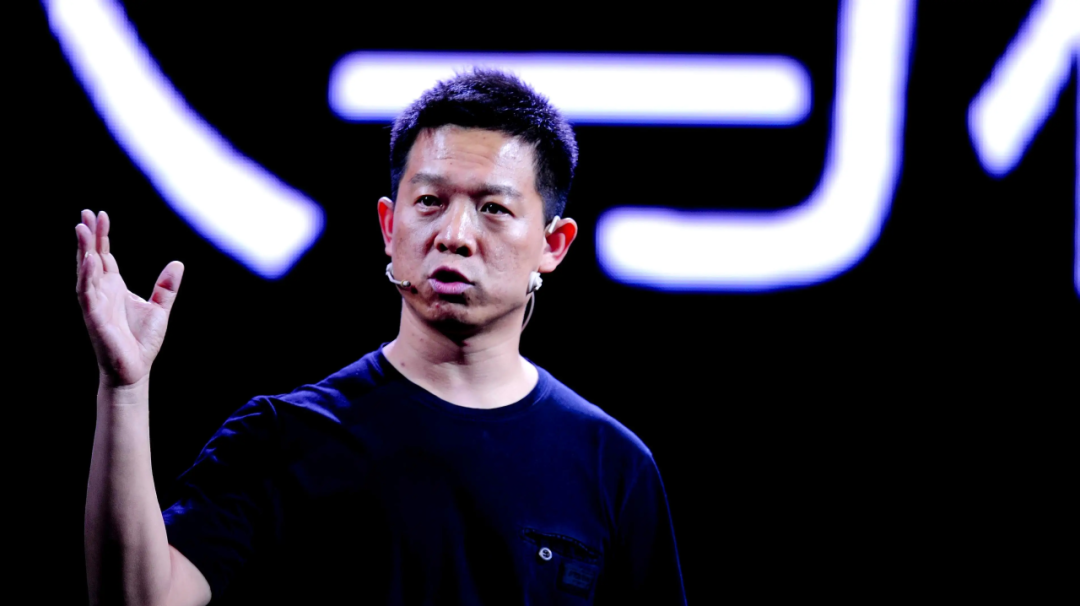
On the other side, He Xiaopeng officially sold UC to Jack Ma for $4.35 billion, creating China's highest internet acquisition case. Although transitioning from founder to senior executive, He Xiaopeng still left a backdoor. At the time, UCWeb's Chairman and CEO Yu Yongfu largely represented He Xiaopeng when picking up the Model S.
In August 2014, the predecessor to XPeng Motors, Juzi Auto, was founded. He Xiaopeng hadn't decided how to leave Alibaba and only embarked on car manufacturing as a "funder." To this end, He Xiaopeng found Xia Heng, with a background in GAC. After explaining his intentions, Xia Heng brought his colleagues He Tao and Yang Chunlei to resign and join He Xiaopeng's plan, forming XPeng Motors' initial team.
For a long time, He Xiaopeng didn't consider car manufacturing his main business; it was more of a side project while working at Alibaba.
Li Bin, also achieving great success, had just sent BitAuto to a US listing and was celebrating. However, Liu Erhai, Joy Capital's former founder and good friend, discouraged him, saying, "Even if you take BitAuto to its peak, you won't rank among China's top 100 entrepreneurs. Why not aim bigger?"
Looking at numerous car manufacturing PPTs, Li Bin felt this was the big thing. In November of the same year, NIO was founded in Anting, Shanghai.
Fully invested, Li Bin even considered partners. Li Xiang, contemplating leaving Autohome, caught Li Bin's eye early on. After discussion, Li Xiang, a founder since high school, couldn't be subordinate. So, Li Xiang invested $15 million to become an original NIO shareholder.
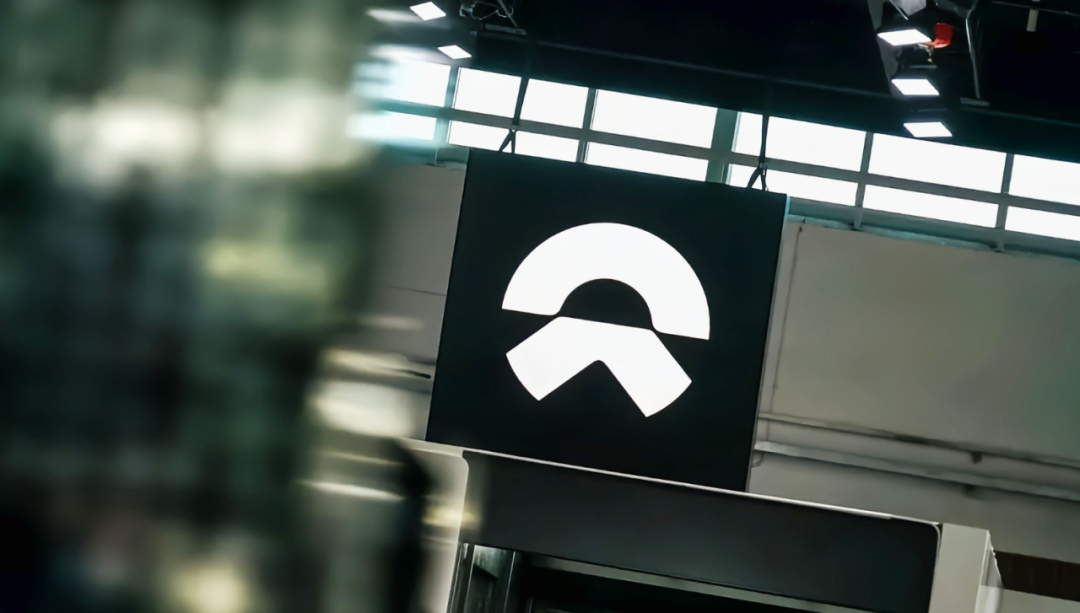
At the time, Li Xiang also believed, "I might recreate a Toyota in my lifetime. What could be more exciting? If I can't raise money, I'll put in $100 million myself." The following year, soon after leaving Autohome, Li Xiang immediately founded Chehejia.
Years later, Li Xiang wrote in his memoirs, "In the red ocean of smart electric vehicles, this is my only chance to win."
Simultaneously, the Qiantu Motors Suzhou base broke ground, the Aiways production base was established in Shangrao, the Weimai Wenzhou production base was founded, Byton announced a Nanjing factory, Youxia Auto confirmed its first production base in Huzhou, the Guoji Zhijun Ganzhou production base was founded, the Qidian Motors Tongling base commenced construction, and the Zeropin Motors Jinhua factory began building...
As these outsiders and new players ventured into the automotive industry, the outside world perceived them vaguely – did China still need new automotive brands? Meanwhile, everyone started on the same line. Regardless of the founder's previous glory, they were now called new car manufacturing forces.
This is the panorama of new car manufacturing forces, the tumultuous romance of internet entrepreneurs, filled with noise and intrigue, as one after another takes the stage.
2
In an era of uncertain future paths, "pie in the sky" financing and land grabs took off, with PPTs and empty press conferences abounding.
Some sought people and money, while others sought to deceive.
With favorable policy support, loopholes in new energy vehicle subsidies emerged. In September 2016, the Ministry of Finance issued a "Notice on the Special Inspection of Subsidy Funds for the Promotion and Application of New Energy Vehicles." Five companies, including Suzhou Jimxi, Suzhou Kinglong, Shenzhen Wuzhoulong, Chery Wanda Guizhou Coach, and Henan Shaolin Coach, were found to have severely defrauded subsidies for 3,547 vehicles, totaling over 1 billion yuan.
Public outcry instantly engulfed the new energy vehicle subsidy policy. Miao Wei, the former Minister of Industry and Information Technology, recalled in his latest book "Racing on a New Track: China's Path to New Energy Vehicles," published in 2024, "Public opinion overwhelmingly criticized financial subsidies from different angles, as if all subsidy measures were wrong." However, he believed, "It's hard to have the best of both worlds; one can only choose the lesser of two evils."
New energy vehicles were labeled "subsidy fraudsters" for a time. After hasty announcements and disappearances, PPT car manufacturing became an unsightly stain on new forces.
At LeTV's 2016 conference, Jia Yueting ran onto the stage from a corridor, passionately talking about his dreams. The song "Wild Child" redefined "blindly rushing ahead."
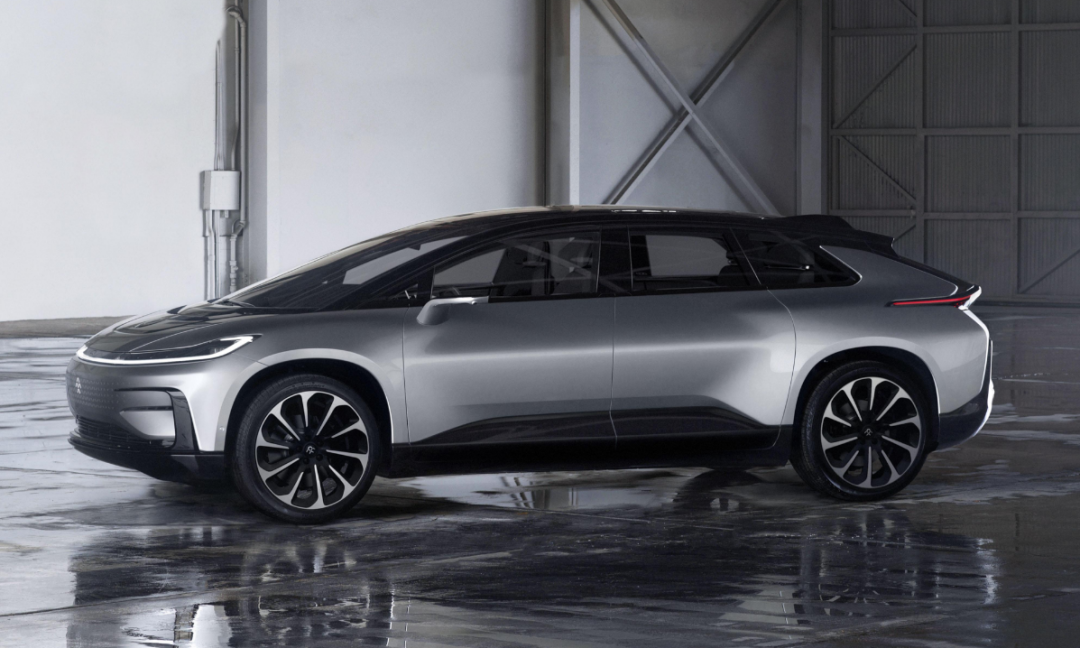
In January 2017, Faraday Future officially unveiled its first mass-produced electric vehicle, the FF91, live-streamed globally with LeTV in Beijing. The FF91 garnered almost all automotive attention due to its highlight of accelerating to 100 km/h faster than Tesla.
At the conference, Jia Yueting drove the FF91 onto the stage and delivered a full English speech. He said the FF91's mission was "not just to build an electric car but to create a globally shared internet transportation ecosystem." Jia Yueting's so-called "ecosystem" also included content, mobile phones, televisions, internet finance, and more.
Ironically, LeTV then bore a slight resemblance to Huawei.
Unfortunately, as LeTV's financial issues deepened, deeper problems in its financial statements were exposed, leading to the empire's collapse. Jia Yueting fled to the United States, losing credibility and never returning.
LeTV's ordeal also dealt a fatal blow to peers. Investors holding real money became dazed amidst chaotic PPTs, unable to distinguish LeTV from others.
The bluer skies and fresher air Jia Yueting promised were realized by NIO. On November 21, 2016, in London, NIO announced its English brand name, NIO, meaning "A New Day," symbolizing the pursuit of a better tomorrow and blue skies. Simultaneously, they unveiled their first car, the EP9, setting a Nürburgring record of 6 minutes and 45.9 seconds.
The first batch of NIO EP9s was limited to only six globally, owned by founder Li Bin, Hillhouse Capital's Zhang Lei, Tencent's Pony Ma, JD.com's Liu Qiangdong, Xiaomi's Lei Jun, and Autohome's founder Li Xiang, creating quite a buzz. However, in 2016, NIO lost approximately 2.5 billion yuan, expanding to 5 billion yuan the following year.
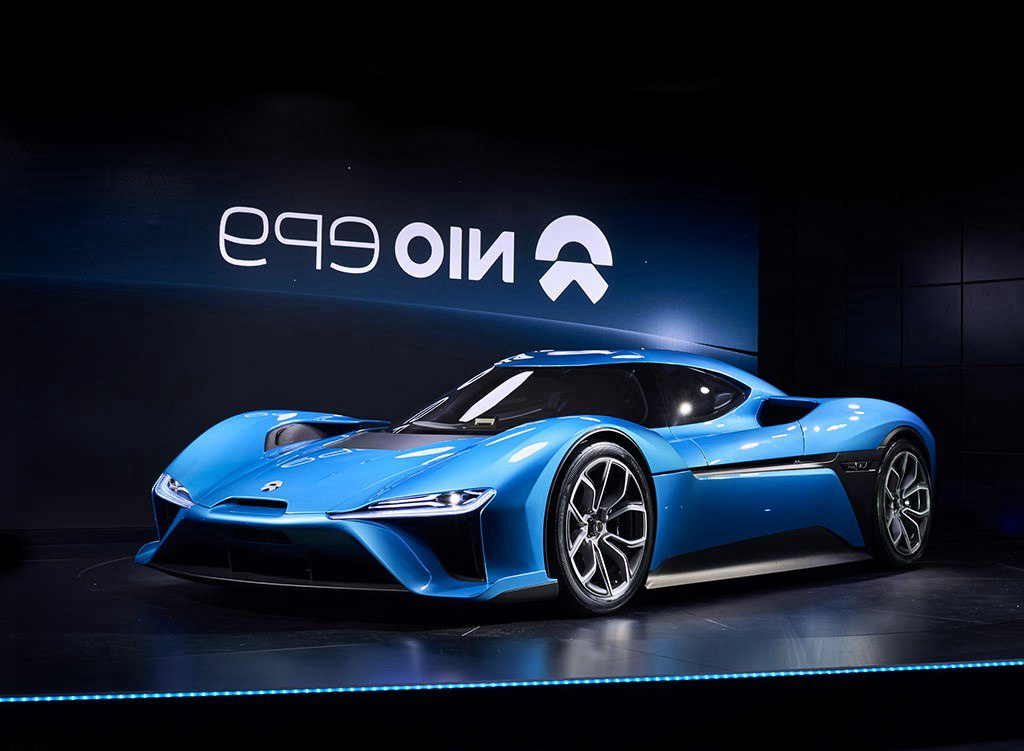
When NIO was making significant investments, XPeng still operated in a workshop-like environment. According to He Xiaopeng's recollections, in 2016, XPeng Motors' initial team had only a few dozen people, with no air conditioning in the workshop. In 2017, their first car brought tears to car enthusiasts and horrified internet users alike. He Xiaopeng joked that car enthusiasts cried out of emotion, while internet users were horrified by its ugliness.
Thus, He Xiaopeng, absorbed into Alibaba as an executive, realized it was time to decide. On August 22, 2017, He Xiaopeng tweeted announcing his resignation from Alibaba: "A round of entrepreneurship, with all its bittersweet tastes, returns me to my youth... A new cycle, where the end is also the beginning. Disrupt myself and enjoy the journey."
Up until this point, Li Xiang's Chehejia seemed slow, focusing on fundraising. In April 2016, Li Xiang first revealed Chehejia's product roadmap, planning to create a micro-electric vehicle, the SEV, then move to a medium to large electric SUV. One was small and exquisite, the other large and comprehensive. In May, the 35-year-old Li Xiang secured a Series A investment worth $780 million.
It wasn't until 2017 that Li Xiang released the official image of the first model, the SEV. Unfortunately, due to regulatory issues, the SEV project was canceled. Although the small car never made it to market, it symbolizes the starting point and is displayed at Li Auto's headquarters to this day.
During NIO's NIO Day event, when the ES8, their inaugural SUV, was launched, the company spared no expense. They invested 80 million yuan to charter eight planes, 60 high-speed train carriages, 19 five-star hotels, and 160 buses to invite a large contingent of investors, media, and 5,000 potential customers. The event was further enlivened by the performance of the American rock band Imagine Dragons, drawing over 10,000 attendees to the Wukesong Sports Center, turning it into a glamorous spectacle.
A year later, Li Xiang, as an investor, made a real-money purchase of a NIO ES8. However, this time, Li Xiang might find himself as a competitor to Li Bin.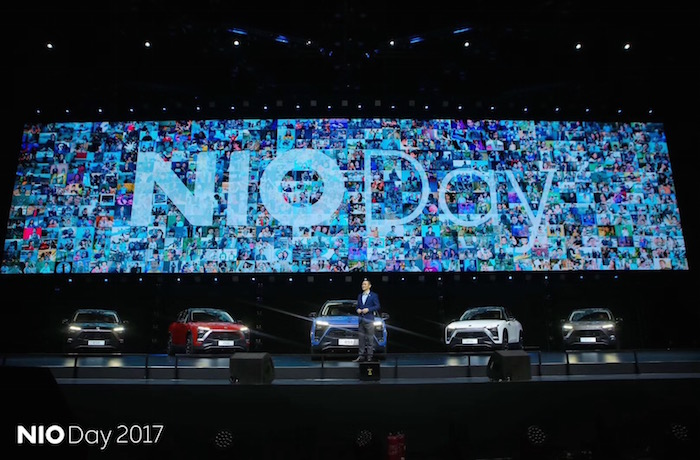
In October 2018, just two weeks after NIO's successful listing on the New York Stock Exchange, Li Xiang led Chehejia in unveiling the "Lixiang One" brand, with its inaugural model, also positioned as a medium to large SUV.
He Xiaopeng also emerged from the shadows into the mainstream. In 2018, the XPeng G3 was launched. As a budget-friendly model, the G3 swiftly gained traction in the mobility market. Amidst the fierce competition between Didi and Meituan, the XPeng G3 capitalized on the influx of Didi drivers lured by subsidies. As one of the earlier entrants in the market among the new players, the XPeng G3 timely seized this opportunity and quickly established a foothold.
In the background, a multitude of new players began to crumble, fading into obscurity.
3
Reflecting on the past, does the domestic market still have a need for new automotive brands? The answer is unequivocally yes.
The latest data released by the China Passenger Car Association reveals that in the first half of 2024, new car companies captured a market share of 16.3%, surpassing Japanese brands.
Chen Shihua, Deputy Secretary-General of the China Association of Automobile Manufacturers, anticipates that after domestic auto production and sales surpassed 30 million vehicles for the first time last year, this scale will persist throughout this year.
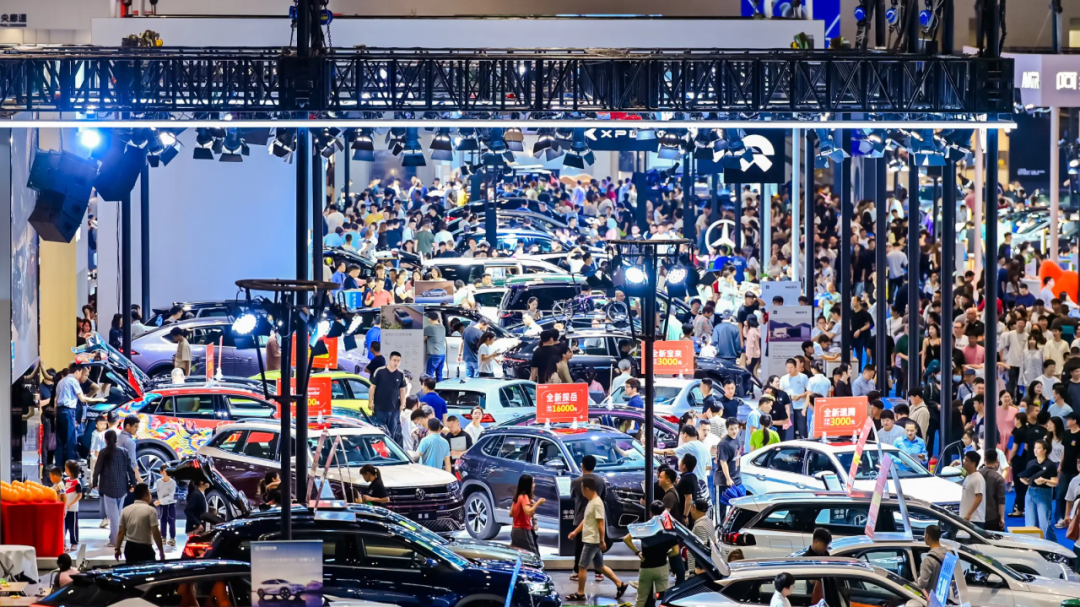
Behind the 30 million vehicles, indigenous brands are swiftly ascending in the new energy vehicle market, with their market share nearing 70%. Conversely, joint venture brands are being "encircled" in a price war and competition with new energy vehicles, gradually ceding ground in the Chinese market. Amidst the competition between indigenous and joint venture brands, the luxury car market has reached a pivotal point. The collective "offensive" of new automotive forces and the "erosion" of traditional luxury cars are occurring simultaneously, making the "competition between the old and the new" a prominent highlight in the automotive market.
Whether they have faltered, are still in the game, or have just joined, internet-based car companies have become an indispensable component of the Chinese automotive consumer market.
Changes in market share constitute only a fraction of the "disruption" wrought by the new forces. More crucially, their entry has transformed the domestic automotive ecosystem.
After Li Xiang confirmed the new product roadmap, the image of a product manager engaging in intellectual debates came alive. He even dared to risk public opinion to criticize Volkswagen, solely to promote his own products.
Under Li Xiang's guidance, the extended-range technology path was forged, directly addressing the fundamental needs of consumers, particularly those purchasing family cars. It strikes a balance between economy and range anxiety, focuses on medium and large SUVs, and meets consumer demand with humanized configurations. It has even carved out a niche market for "refrigerators, TVs, and large sofas" in cars.
From skepticism to understanding and ultimately becoming ideal, Li Xiang has garnered widespread acceptance. Even brands following similar paths are dubbed "small ideals" by netizens and have gained popularity.
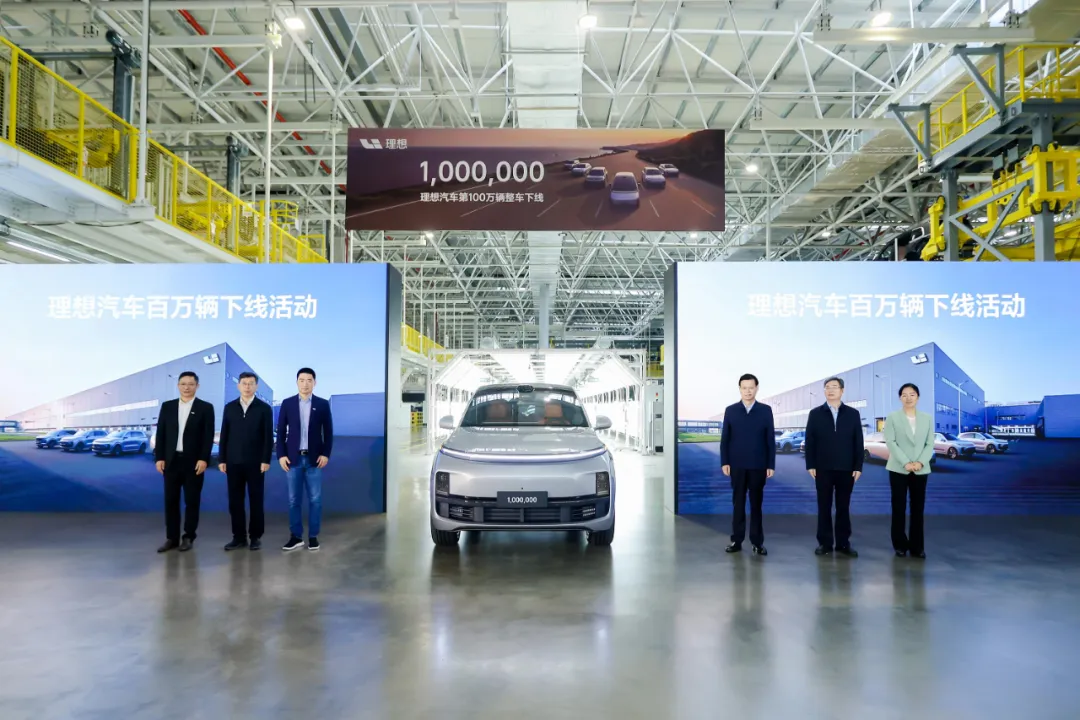
On October 18, 2024, Li Auto delivered its millionth vehicle, becoming the first Chinese new force brand to reach this milestone. It emerged as the first new automotive force in China with an annual revenue exceeding 100 billion yuan and the first to attain annual profitability.
NIO, positioned at the high end, offers not just cars but also substantial emotional value to users. The "Worry-Free Service" package, the electronic pet Nomi, the NIO House featuring a coffee bar, book bar, children's playground, and independent meeting rooms, exclusive user groups, driver specialist services, and continually updated peripherals and services in the mobile app are all testament to this.
In contrast to traditional car sales, NIO sells more of a lifestyle. NIO's community marketing not only influences these latecomers but also serves as a model for traditional automakers to emulate. The early team that developed the NIO official APP has become the godfather team of automotive community marketing, poached by major automakers.
Furthermore, NIO has established a battery swapping system unique to the Chinese market and is participating in the formulation of industry standards. Despite controversies along the way and even now, with profitability still uncertain, Li Bin has been labeled "the unluckiest person in 2019." Nonetheless, NIO has become increasingly stable, transitioning from a student to a mentor role.
With a technical background, He Xiaopeng set the strategic direction for intelligent technology early on, making NIO one of the first automakers in China to conduct research and development in intelligent driving. It has nurtured countless talents, making NIO the Wharton School of the automotive intelligent driving circle.
Even the verbal sparring of these internet personalities on various social platforms has compelled automotive company chairmen, once reclusive figures, to step into the limelight.
In the process of continuously disrupting the industry, new automotive forces have also attracted the ongoing participation of internet giants such as Huawei and Xiaomi.
They say it takes ten years to grow a tree. Although the founders have euphemistically stated that they have only taken the first step, imbued with Mencius's philosophy of being born in adversity, the banner symbolizing innovation that has been erected over the past decade is already flying high in the wind. "Though the dream is far, pursuit can lead to its realization; though the wish is difficult, perseverance can make it come true."
It is often the case that events shape people, but people cannot alter events. Nonetheless, they have indeed changed some things.

